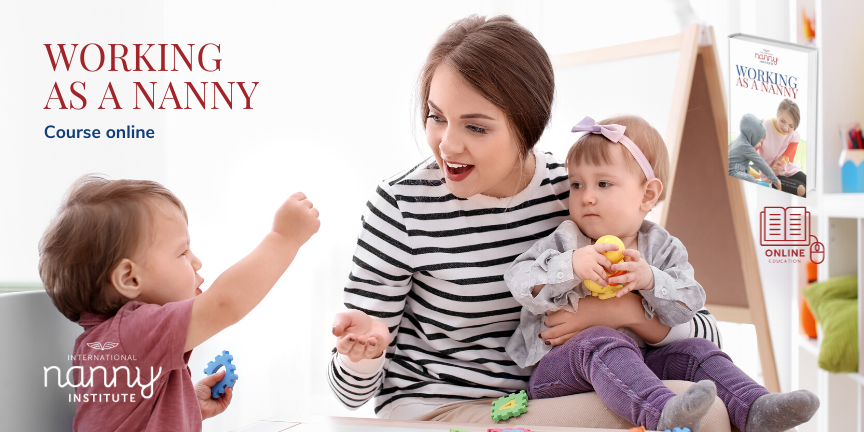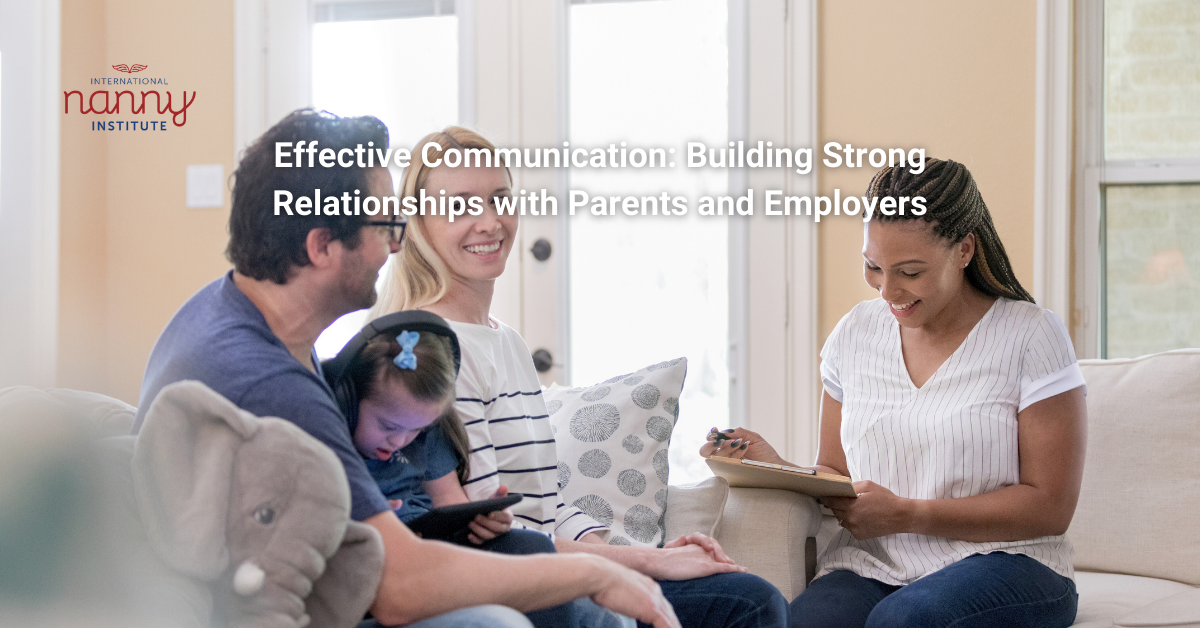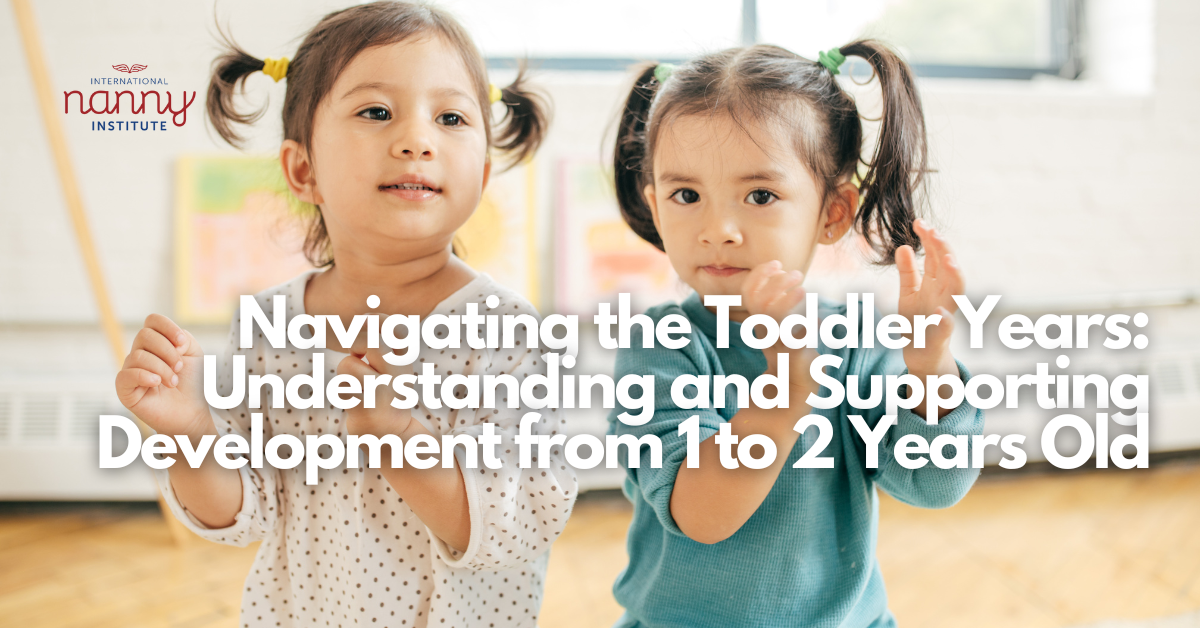Effective Communication: Building Strong Relationships with Parents and Employers
As a professional nanny, effective communication is a fundamental skill that plays a crucial role in building strong relationships with parents and employers. Open and transparent communication not only fosters trust but also ensures that everyone involved is on the same page when it comes to the care and well-being of the children. In this blog, we will explore the importance of effective communication for nannies and provide valuable strategies to help you establish and maintain positive relationships with parents and employers.

Establishing Clear Expectations
Clear communication at the beginning of your employment is essential for setting expectations and ensuring mutual understanding. Discuss responsibilities, schedules, routines, and any specific preferences or requirements related to the children’s care. This will help create a solid foundation and prevent misunderstandings or conflicts down the line.
Active Listening
Effective communication is a two-way street, and active listening is a key component. When parents or employers are sharing information or concerns, give them your full attention. Listen attentively, ask clarifying questions, and restate key points to ensure you understand their needs and expectations accurately. This demonstrates your commitment to their concerns and helps build trust.
Sharing Daily Reports
Providing daily reports is an effective way to keep parents and employers informed about the children’s activities, meals, moods, and any notable events during your time together. Whether it’s through a written report, a shared online platform, or verbal updates, regular communication reassures parents that their child is in good hands and allows them to stay connected with their child’s day-to-day experiences.

Regular Check-Ins
Regular check-ins with parents and employers are valuable opportunities to discuss the children’s progress, address any concerns, and share updates. Schedule dedicated times to have open and honest conversations about the children’s development, behaviour, milestones, and any changes that may impact their care. Consistent communication helps maintain a collaborative and supportive relationship.
Handling Challenges
Effective communication becomes particularly important when addressing challenges or conflicts that may arise in the course of your work. Approach these discussions with empathy, active listening, and a problem-solving mindset. Express your concerns or observations constructively and be open to feedback. Collaborate with parents and employers to find mutually beneficial solutions that prioritise the well-being of the children.
Respectful Feedback
Providing respectful and constructive feedback is an important part of effective communication. If you have suggestions or observations about the children’s behaviour or development, approach the conversation with tact and sensitivity. Focus on specific behaviours or situations, offer suggestions for improvement, and highlight the positive aspects of the child’s progress. This approach fosters a collaborative atmosphere and supports the child’s growth.

Professionalism in Written Communication
In addition to verbal communication, written communication plays a significant role in professional nanny work. Whether it’s through email, text messages, or shared online platforms, maintain professionalism in your written exchanges. Use clear and concise language, proofread your messages, and ensure your tone is respectful and professional. Effective written communication helps to avoid misunderstandings and promotes clarity.
Effective communication is the cornerstone of building strong relationships with parents and employers as a professional nanny. By establishing clear expectations, practising active listening, engaging in regular check-ins, sharing daily reports, handling challenges with empathy, maintaining professionalism in written communication, and providing respectful feedback, you can create an open and trusting environment. Remember, effective communication not only benefits your relationships but also contributes to the overall well-being and development of the children you care for. Prioritise communication as a vital skill in your role as a professional nanny and watch the positive impact it has on your career.

Unlock the power of effective communication and take your career as a professional nanny to new heights by enrolling in Working as a Nanny. This comprehensive course is designed to equip you with the essential skills and strategies needed to establish and maintain positive relationships with parents and employers through open and transparent communication. You’ll learn how to set clear expectations, practise active listening, conduct regular check-ins, share informative daily reports, handle challenges with empathy, master professionalism in written communication, and provide respectful feedback. By honing your communication skills, you’ll build trust, foster collaboration, and create an environment that nurtures the well-being and development of the children you care for. Invest in your future as a professional nanny and enrol in our course today. Together, we’ll empower you to become a master communicator and elevate your career to new heights of success and fulfilment.








